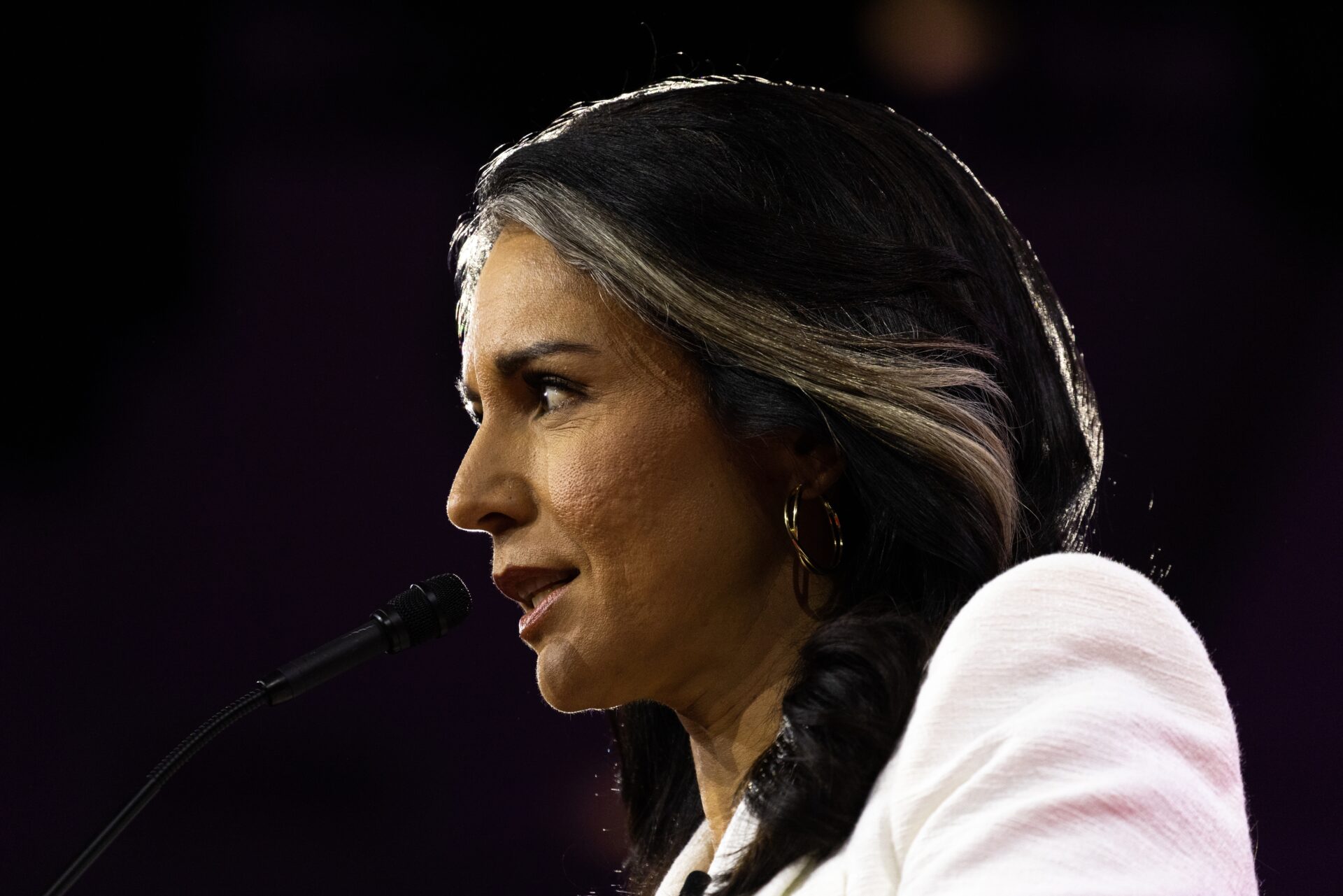
Russiagate SHOCKER – Secret Emails Revealed!
Director of National Intelligence Tulsi Gabbard has released 2016 emails suggesting former DNI James Clapper expedited a politically charged intelligence assessment linking Donald Trump to Russian interference.
At a Glance
- Emails from 2016 declassified on August 14, 2025
- Allegations of rushed Intelligence Community Assessment linking Trump to Russia
- Internal dissent reportedly ignored by senior intelligence officials
- Key figures include Clapper, Brennan, Comey, Rogers, and Gabbard
- Calls for accountability and potential intelligence oversight reforms
Declassification Sparks Debate
On August 14, 2025, Director of National Intelligence Tulsi Gabbard declassified a series of 2016 emails that appear to show former DNI James Clapper directing a swift completion of the Intelligence Community Assessment (ICA) on Russian election interference. The emails suggest that the assessment’s process was shortened to produce a report linking Donald Trump to alleged Russian efforts, despite objections from within the intelligence community.
Watch now: Gabbard Declassifies Clapper Emails · YouTube
The 2017 ICA concluded that Russia had interfered to aid Trump’s election chances. According to the declassified messages, Clapper and other senior officials may have bypassed standard review procedures, allegedly due to political considerations during the closing weeks of the Obama administration. Internal communications reportedly document disagreements from officials who cautioned against finalizing conclusions without broader review.
Key Figures and Power Dynamics
The revelations have drawn renewed attention to the roles of multiple senior intelligence leaders. Alongside Clapper, former CIA Director John Brennan and former FBI Director James Comey participated in drafting the ICA. Former NSA Director Mike Rogers is reported to have raised concerns about the rushed nature of the process.
The emails point to direct coordination among the directors of the CIA, FBI, NSA, and the DNI, with indications of strategic guidance from the White House at the time. Critics argue that such top-down involvement risked politicizing an intelligence product intended to be objective. Supporters of the original assessment contend that the expedited process was necessary to meet national security needs before the transition of presidential power.
Political and Institutional Implications
The release of these emails has intensified calls from lawmakers and policy analysts for further inquiry into whether political agendas influenced the 2017 ICA. Some are urging congressional hearings, while others are proposing amendments to existing intelligence oversight mechanisms.
Analysts warn that the controversy could erode public trust in the intelligence community, potentially affecting cooperation with allied services and the perceived impartiality of future assessments. In the broader political landscape, the developments may heighten partisan divisions and shape debates during the 2026 election cycle.
While the emails add weight to longstanding criticisms of the ICA’s origins, observers caution that their contents should be evaluated alongside the full body of contemporaneous intelligence and procedural documentation. The outcome of ongoing reviews may influence whether these revelations lead to structural changes in how intelligence assessments are commissioned and approved.


